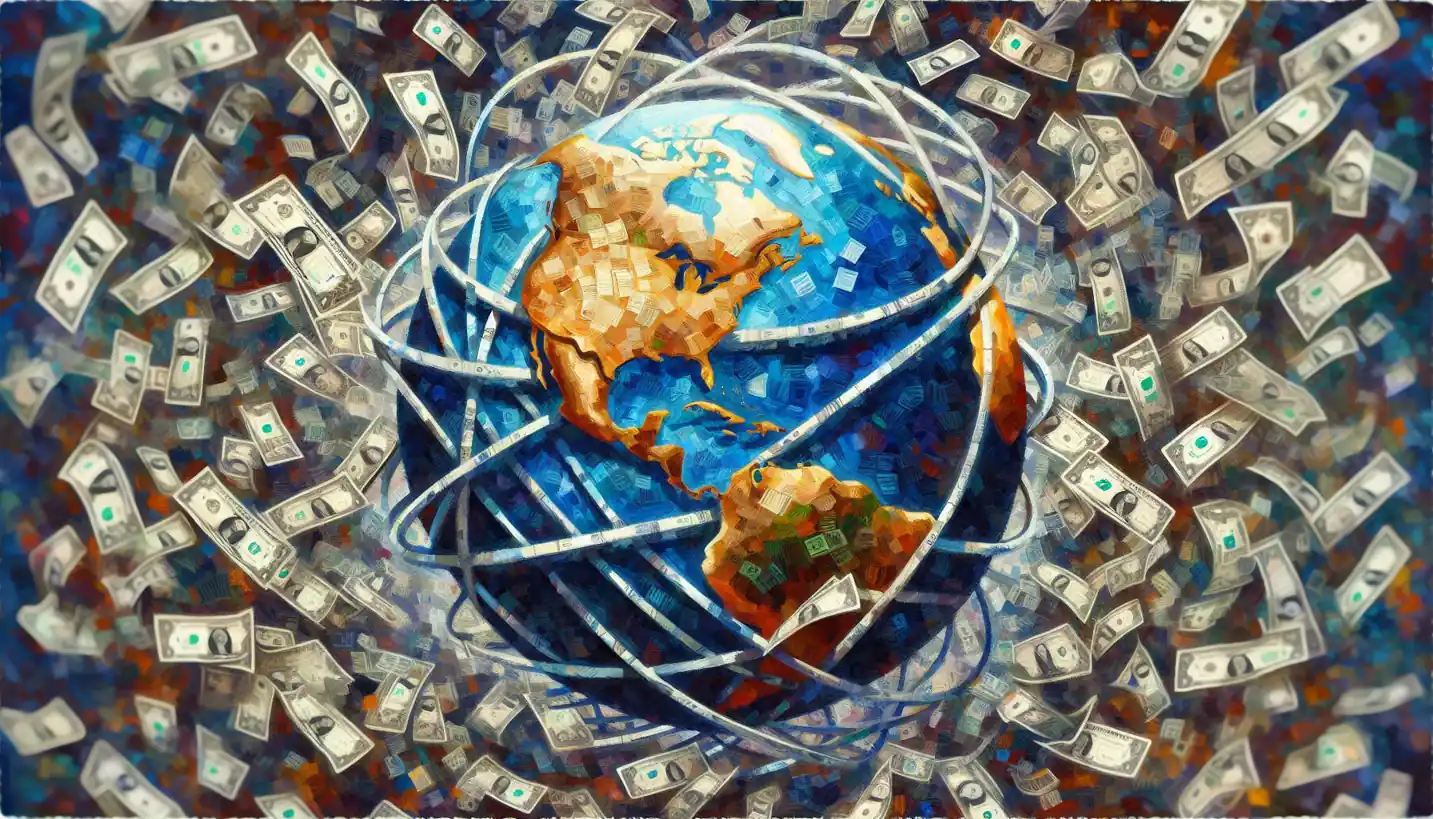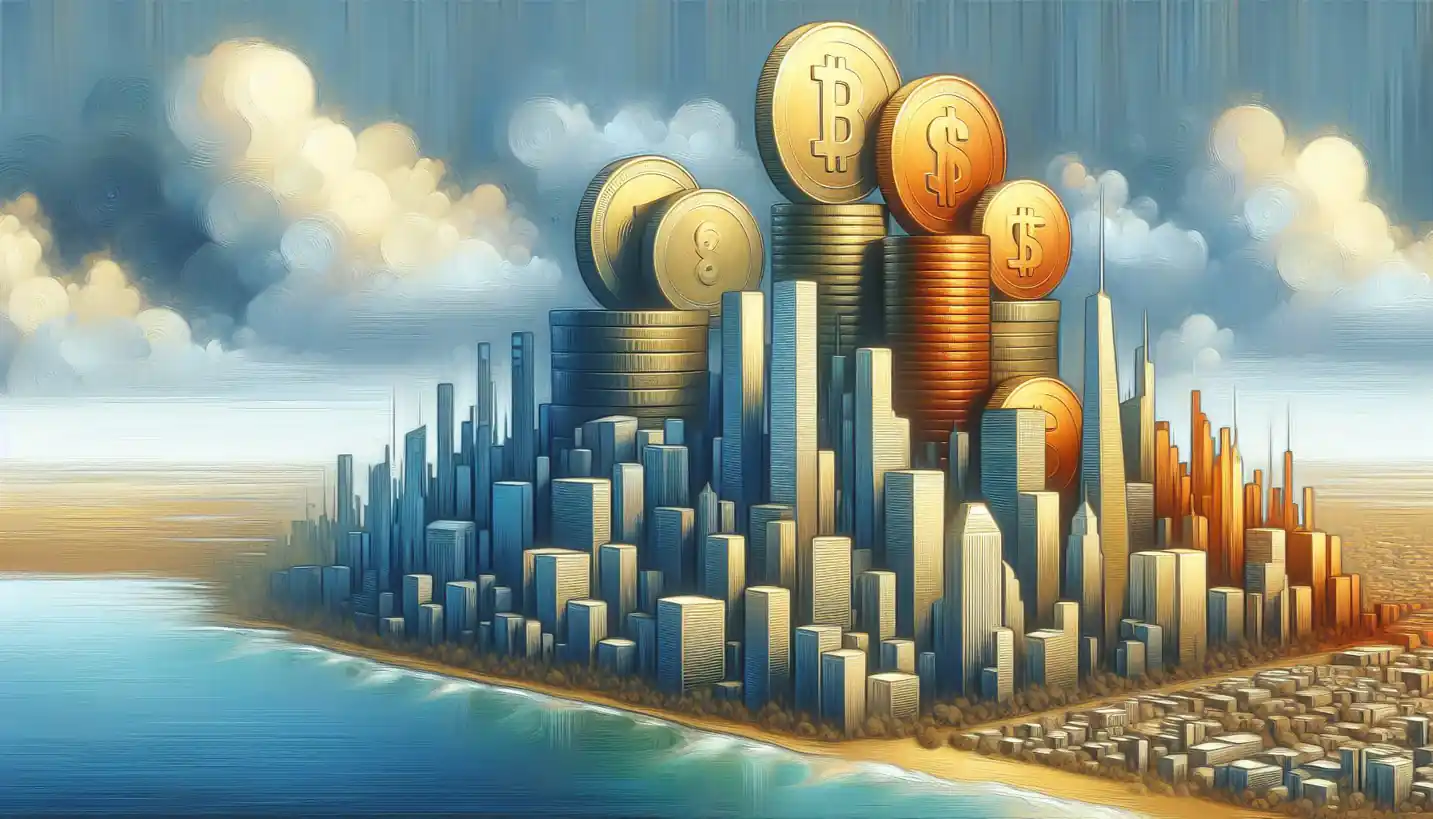· Economics · 5 min read
Embargo: A Powerful Tool in International Economics
Uncover the power of embargos in shaping international relations. See how they act as significant tools in global economics and trade.

Ah, the world of international economics—it’s like a giant game of chess where countries are pieces, each making moves to protect and advance their interests. One of the most intriguing tools in this game is the “embargo.” Let’s dive into what this means in the realm of economics and how it impacts nations and individuals alike.
What is an Embargo?
The term “embargo” pops up often in the news, usually surrounding political tension or trade disputes. At its core, an embargo is a ban or severe restriction on trade with a particular country. Think of it like putting a giant “No Entry” sign on all economic exchanges between two regions. Governments use embargoes as a way to exert pressure, often when diplomatic relations are on the rocks.
Historical Tidbits
Embargoes aren’t a modern invention. They’ve been used for centuries as a way to make a point without resorting to war. One well-known example is the United States’ embargo on Cuba, which started during the Cold War. This was more than just a political statement; it had real impacts on citizens and economies.
Why Use an Embargo?
So, why would a country slap an embargo on another? It’s a strategic move, kind of like playing a wild card in a card game. There are a few key reasons:
Political Pressure: A country might use an embargo to push another nation to change a policy or behavior. It’s a way to make demands without sending in the troops.
Security Concerns: Sometimes, national security is at stake, and cutting off trade can prevent sensitive technologies or weapons from falling into the wrong hands.
Human Rights: Countries might impose embargoes to protest violations of human rights, aiming to spotlight issues and force changes.
The Ripple Effect
Embargoes can have widespread effects, not just on the targeted country but also on the one imposing it—kind of like when you flick a domino, causing a whole row to fall. It can lead to shortages of goods, impact global markets, and even cause geopolitical shifts.
The Economic Impact of Embargoes
Imagine trying to bake a cake only to find you can’t get any sugar or flour because the store’s supply is cut off. That’s what a nation might face when under an embargo. It disrupts supply chains, affects businesses, and can lead to economic stagnation.
Case Study: The Cuban Embargo
The U.S. embargo on Cuba is a perfect illustration. It dramatically changed Cuba’s economy, shifting it from reliance on American imports to finding new trading partners. Even today, the impacts are felt in terms of economic opportunities and resources.
Embargoes and International Relations
Embargoes are more than just economic tools—they’re also about power dynamics and global relationships. They can strain alliances, foster new ones, and shift the balance of power. For instance, when the U.S. imposed sanctions on Iran, other countries had to rethink their economic ties with Iran, often creating tension.
Playing the Long Game
Countries imposing embargoes need to play the long game, weighing the immediate economic impacts against long-term geopolitical goals. It’s about making moves today that will hopefully lead to a checkmate tomorrow.
The Human Element
Beyond economics and politics, embargoes can have a severe impact on everyday people. Imagine if suddenly you couldn’t get necessary medicines or basic goods. While the goal might be to influence a government’s actions, ordinary people often bear the brunt of the consequences. It raises questions about the ethics and effectiveness of using such economic tools.
Lifting an Embargo: A Renewed Hope
Lifting an embargo can bring hope and change, sparking economic growth and rejuvenating international relationships. It’s like opening the floodgates of opportunity, allowing businesses to expand and societies to thrive.
Case Study: Ending Apartheid
Consider the global trade embargo against South Africa during apartheid. The pressure was monumental, and its end opened the door for a new era in South African history, illustrating how embargoes can sometimes help make profound political shifts.
The Future of Embargoes
In today’s interconnected world, the dynamics of embargoes are evolving. With global economies more linked than ever, imposing an embargo can have far-reaching consequences. Plus, in the age of technology, new ways of bypassing traditional trade barriers are constantly emerging.
Questions for the Future
Will embargoes remain a relevant tool in future international conflicts? As nations become more globally dependent, is there a better way to resolve issues? Looking forward, countries might have to find more innovative and collaborative approaches to international disputes.
Conclusion: The Double-Edged Sword
Embargoes are a double-edged sword in international economics. They can pressure change and highlight issues but come with challenges and unintended consequences. They serve as a reminder of our interconnected world and the delicate balance between diplomacy and action.
By understanding the nature and impact of embargoes, we can better appreciate the complex world of global economics and what it means for nations and people. As the world continues to navigate changing political landscapes, how embargoes are used—or not used—will continue to be a deeply intriguing aspect of international relations.



